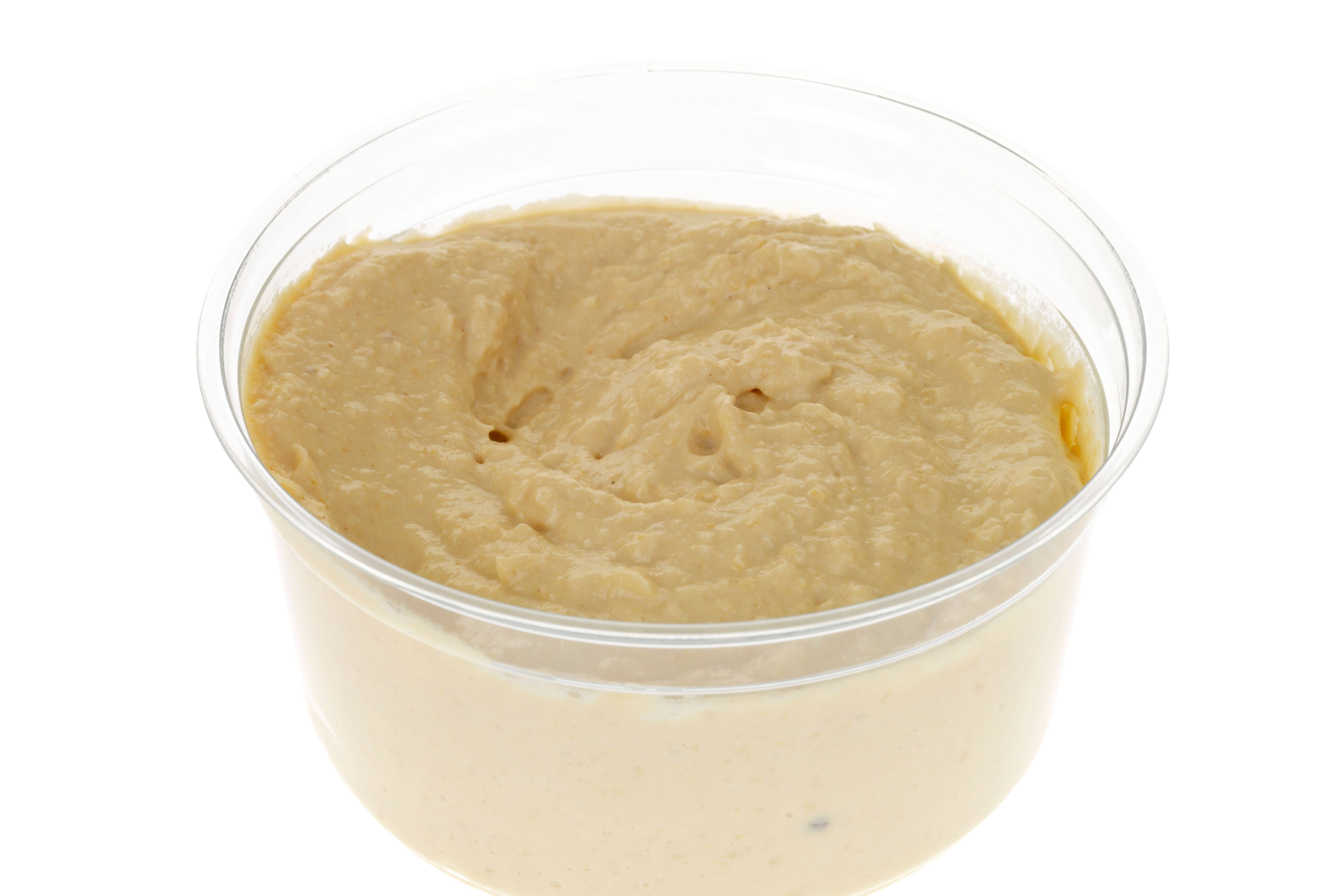
For free real time breaking news alerts sent straight to your inbox sign up to our breaking news emailsSign up to our free breaking news emailsSign up to our free breaking news emails

Sainsbury’s has issued a recall for two varieties of its own-brand hummus over fears they may contain E coli.
The supermarket is recalling 315g tubs of JS Classic Houmous with a use-by date of 13 September, and 200g packets of JS Lemon & Coriander Houmous dated 14 September, as a precautionary measure.
The Food Standards Agency confirmed the affected batches could contain shiga toxin-producing E.coli (Stec).
Customers are urged not to consume the products and can return them to any Sainsbury’s branch for a full refund.
Sainsbury’s has taken the precautionary step of recalling JS Classic Houmous and JS Lemon & Coriander Houmous.
The supermarket chain apologised for any inconvenience caused.

open image in gallery
Houmous covered by the recall can be returned to Sainsbury’s branches for a full refund (Alamy/PA)
Symptoms associated with E.coli include diarrhoea, which can be bloody, abdominal pain, and the potentially life-threatening haemolytic uremic syndrome, leading to kidney failure.
The NHS says E.coli, which is sometimes called STEC (Shiga toxin-producing Escherichia coli), can be caught by eating contaminated food, including raw leafy vegetables or undercooked meat, touching infected animals, contact with people who have the illness, drinking water from an inadequately treated water supply, or swimming or playing in contaminated ponds or streams.
Washing your hands regularly, keeping food preparation areas clean, and serving food at the right temperatures, is important.
Steve Busby, a professor of biochemistry at the University of Birmingham who studies bacteria including E.coli, says: “People need to understand the big picture about E.coli – we all have it, and it’s also in the intestinal tracts of cattle, chickens, dogs and all domestic animals and pets, and 99.99 per cent of the bacteria are totally harmless.
“But just occasionally you do get a strain that has a genetic determinant that can cause harm.”
Dr Babak Ashrafi, a Superdrug Online Doctor says that while most cases of the infection resolve on their own, it’s important to get medical advice if you or a family member have symptoms. He says the most important treatment is drinking plenty of fluids and taking rehydration solutions if needed, and resting.

